 Painting of Lady Justice, Court of the Mercanzia in Florence, Author unknown: "With her large, gleaming sword and the celestial orb, over which, like any justice, she must reign forever."
Painting of Lady Justice, Court of the Mercanzia in Florence, Author unknown: "With her large, gleaming sword and the celestial orb, over which, like any justice, she must reign forever."Justice is here taken in its ordinary and proper sense to signify the most important of the cardinal virtues. It is a moral quality or habit which perfects the will and inclines it to render to each and to all what belongs to them. Of the other cardinal virtues, prudence perfects the intellect and inclines the prudent man to act in all things according to right reason. Fortitude controls the irascible passions; and temperance moderates the appetites according as reason dictates. While fortitude and temperance are self-regarding virtues, justice has reference to others. Together with charity it regulates man's intercourse with his fellow men. But charity leads us to help our neighbour in his need out of our own stores, while justice teaches us to give to another what belongs to him.
Because man is a person, a free and intelligent being, created in the image of God, he has a dignity and a worth vastly superior to the material and animal world by which he is surrounded. Man can know, love, and worship his Creator; he was made for that end, which he can only attain perfectly in the future, immortal, and never-ending life to which he is destined. God gave him his faculties and his liberty in order that he might freely work for the accomplishment of his destiny. He is in duty bound to strive to fulfil the designs of his Creator, he must exercise his faculties and conduct his life according to the intentions of his Lord and Master. Because he is under these obligations he is consequently invested with rights, God-given and primordial, antecedent to the State and independent of it. Such are man's natural rights, granted to him by nature herself, sacred, as is their origin, and inviolable. Beside these he may have other rights given him by Church or State, or acquired by his own industry and exertion. All these rights, whatever be their source, are the object of the virtue of justice. Justice requires that all persons should be left in the free enjoyment of all their rights.
(source)


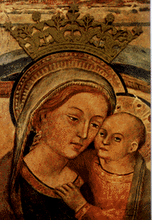
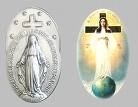

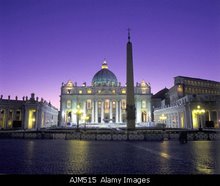

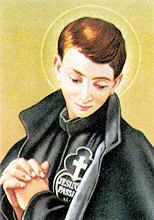

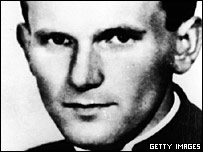
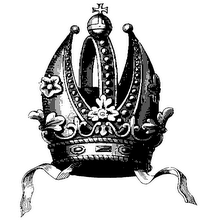
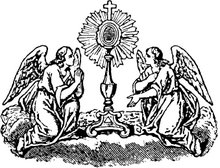
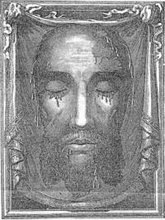


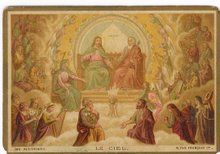




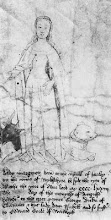01.jpg)











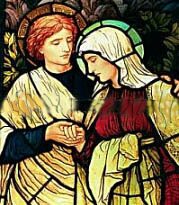

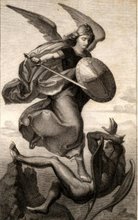


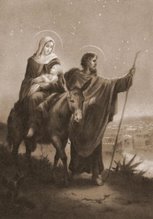
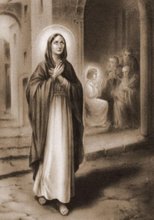

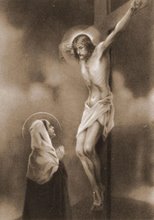
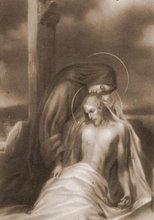
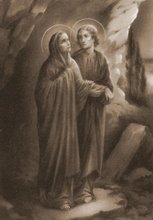




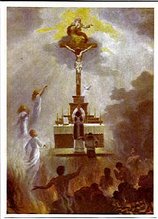


No comments:
Post a Comment